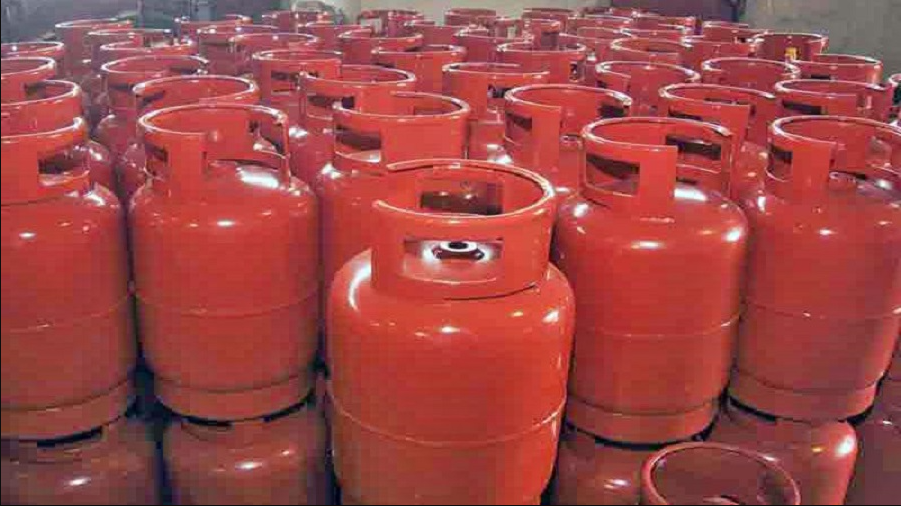A report by a gas consulting firm, Kpler, has revealed that Nigeria’s gas export in the current year will experience a shortfall of one million tonnes valued at N1.32 trillion ($879 million) The report followed Nigeria forecast to export 13.6 million tonnes in 2025, down from 14.6 metric tonne in 2024.
The anticipated decrease is 6.85 per cent following pipeline vandalisation, underutilisation of facilities and ongoing repairs. In 2023, the country’s gas export also decreased to 13 million tonnes, representing a 13 per cent drop from the 15.1 million tonnes exported in 2022.
Findings revealed that a metric tonne of LNG, an equivalent of 51.7 Million British Thermal Units (MMBtu), is $879. This month only 266,000 tonnes (13.7 MMBtu) of liquefied natural gas valued at N351 billion ($234 million) would be delivered by four vessels to South Korea, Croatia and other destinations between now and April 2025 as shortfall in supply persists in summer.
Findings from Nigerian Ports Authority (NPA)’s Shipping Position revealed that this month, Cool Explorer loaded 80,000 tonnes; LNG Imo, 65,000 tonnes; LNG Cross River, 66,000 tonnes and LNG Borno, 65,000 tonnes at Bonny NLNG Plant in Bonny Island.
It was gathered that Cool Explorer had left Bonny and currently sailing in the Moroccan Exclusive Economic Zone, moving to Mexico as LNG IMO is en route to the port of Omisalj, Croatia.
Also, LNG Cross River is sailing towards to South Korea to deliver its cargo. LNG Borno is expected to arrive Bonny Island this week to load its cargo.
It was also revealed that the European TTF frontmonth contract averaged $15.33/MMBtu in February, up from $14.68/MMBtu in January. However, prices of the fuel have rallied in the first 10 days of this month, surpassing $17/MMBtu. In January, seven vessels ferried out 426,000 tonnes of liquefied natural gas to various destinations in Europe and Asia.
It was revealed that Spain took delivery of 140,000 metric tonnes from the export as data from NPA shipping position explained that LNG Ondo ferried 65, 000 tonnes; LNG Maran Gas, 8,000 tonnes; LNG Benue, 65,000 tonnes; LNG Abalamabie, 77,000 tonnes; LNG Bonny II, 80,000 tonnes; LNG Sokoto, 66,000 tonnes and LNG Lokoja, 65,000 tonnes.
Recall that Portugal had also planned to increase purchases of natural gas imports from Nigeria in order to end the dwindling supplies from Russia after importing 340,055 tonnes (49,141 gigawatt-hours) of natural gas in 2024 out which Nigeria accounted for 51 per cent or 173, 421 tonnes, about 40 per cent came from the United States and around 4.4 per cent from Russia.















